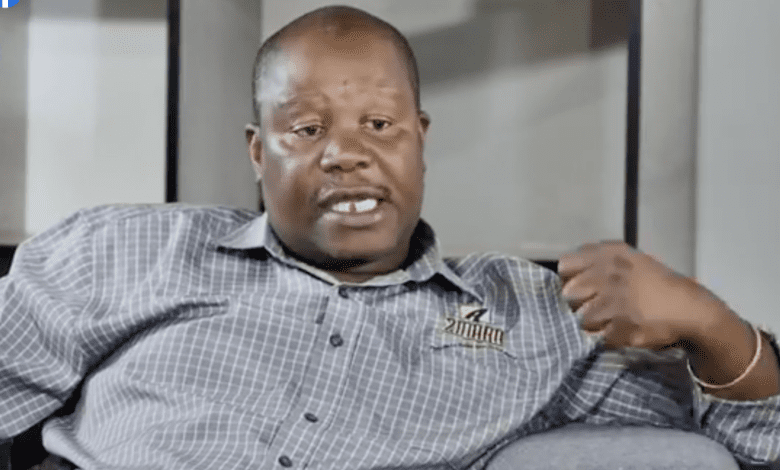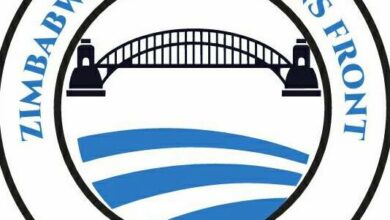Chief laments lack of law school in Matabeleland

Chief Mathema of Gwanda says the lack of a law school in Matabeleland is a drawback for locals who wish to practice law and challenge the ‘numerous’ human rights violations faced by people in the region.
Beyond the ability to practice law, the chief stated that law schools allowed people to be represented whenever their rights were violated or when an ill was committed, such as during Gukurahundi or other state-sponsored violent acts.
“I remain a very worried person and as an individual when I think about the state of schools in Matabeleland. I have often said in various forums that Matabeleland as a region has no law school and why is that so?” said Chief Mathema at a recent civic society symposium hosted by the Public Policy and Research Institute of Zimbabwe (PPRIZ) and the Zimbabwe Christian Alliance (ZCA).
Chief Mathema said there are three pillars of power in a government, which were, the Executive, the Legislature and the Judiciary, with the third needing more support to be more practical and helpful to people.
“But if Matabeleland people have no law school, how then are we going to be part of the judiciary system in this country, food for thought,” he said, noting that people knew more about the executive and legislative than they did with judiciary systems.
The chief noted such realisation would empower people to be more aware of their rights.
“Let me express that one wrong plus one wrong can’t make it a right. I know we tend to choose what to take and not what to take but let’s stick to the truth. The truth will guide us through and what is ahead of us. One day I think you will become a smiling people if we are united and we fight as a nation so that such an act of Gukurahundi won’t happen in the future.”
Meanwhile, Fortune Kuhudzwe, Coordinator of the National Transitional Justice Working Group (NTJWG), lamented the State’s weaponisation of courts and justice in Zimbabwe to deal with its ‘perceived’ opponents.
“We’ve also seen something interesting that I think is unique to Zimbabwe at two stages. The weaponisation of the courts and judiciary and weaponisation of law itself,” he said, making reference to incarcerated opposition legislator, Job Sikhala who has been denied bail on several occasions.
Kuhudzwe also found it “interesting” that the country passed ‘illegal constitutional amendments’.
“These unconstitutional constitutional amendments have brought the Chief Justice (Luke Malaba) to be where he is today. All of those things are examples of how law is weaponised and also speaks to how challenging it is to reconcile conflict in such a period. This is when we need those law institutions to be able to be impartial,” said the activist.




